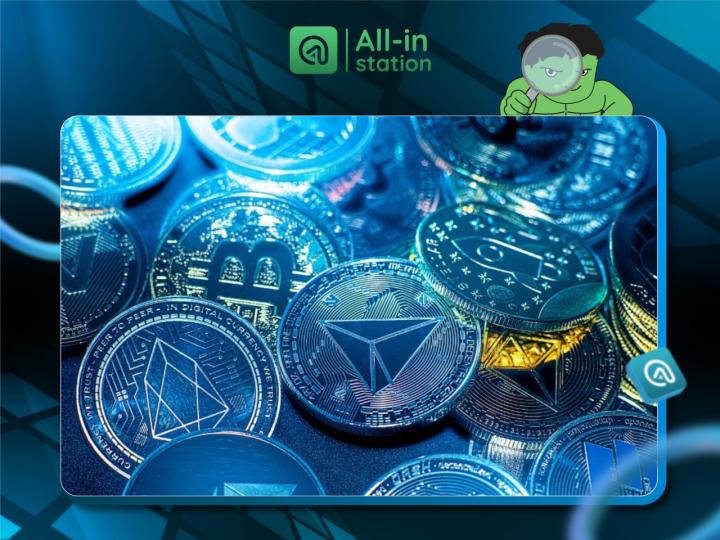Using Crypto as Collateral: Vietnamese Banks Remain Cautious, Accepting but Very Conservative.
In the global context of an explosive digital finance wave, using crypto (cryptocurrency) as collateral for loans is becoming a hot topic. However, in Vietnam, this issue still faces many barriers both legally and in practical implementation.
At the forum "Mortgaging Asset Rights to Ensure Loan Capital Transactions" recently held, legal and financial experts discussed the possibility of banks accepting digital assets. Lawyer Nguyen Tien Lap argued that pricing crypto is not simple, even for banking systems already familiar with strict risk management standards.
He analyzed that banks in Vietnam currently hold a dominant position in the Capital market, facing less competitive pressure compared to many other countries. Therefore, they tend to "impose" asset values during appraisal. Notably, if bank officials provide inaccurate valuations, they may face administrative or even criminal liability. Thus, even if permitted to accept crypto collateral, banks will choose an extremely cautious approach: either completely refusing or accepting at a much lower market valuation.
Financial experts at the forum also agreed that crypto brings enormous potential in expanding Capital sources, especially for startup businesses and individual investors. However, unclear legal status, combined with strong market volatility of cryptocurrencies, means the path to officially recognizing crypto as collateral in Vietnam will be very long.
From an international perspective, many major banks in the US and Europe have begun experimenting with accepting crypto as collateral, especially after President Donald Trump's re-election in late 2024 and declaration that the US will have a more open approach to the blockchain industry. This has revitalized the global digital financial market. Some large investment funds are also considering using Bitcoin and Ethereum as loan collateral, albeit with strict risk control terms.
Meanwhile, in Vietnam, experts believe the banks' caution is understandable. They prioritize protecting the credit system's safety, avoiding legal risks and excessive value fluctuations of crypto. However, if the State Bank in the future issues clear legal frameworks and transparent pricing mechanisms, accepting crypto as collateral could become an inevitable trend.
Currently, the market is waiting for further moves from regulatory authorities. Because, despite caution, with the strong development of blockchain technology and decentralized finance (DeFi), "opening the door" for crypto to participate more deeply in Vietnam's financial system is just a matter of time.






